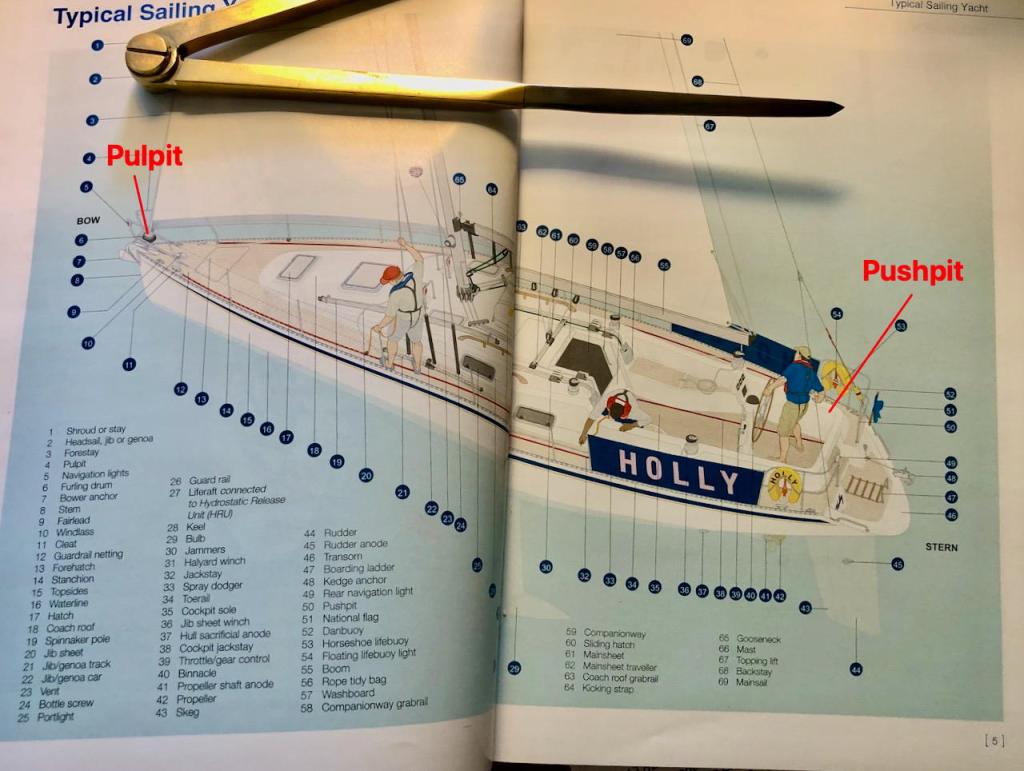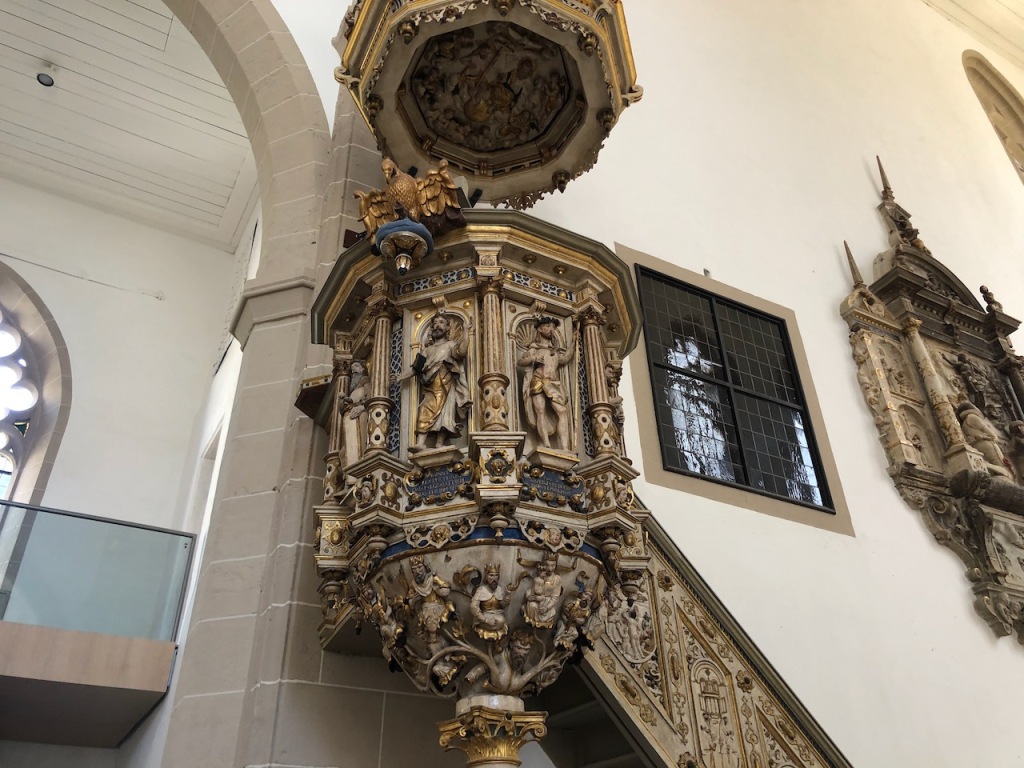It is important to exegete the text that hate groups give us, for both strategic and educational purposes. I’ve seen a lot of hot takes on the “he gets us” commercial from Christians on both the right and the left. On the left, it focuses mostly on the identity of the hate groups and the theological/philosophical problems with the money spent. On the right, it mostly focuses on reinforcing justifications for hating various social groups perceived as sinners. All of this draws attention to the campaign (which delights its sponsors to no end, I’m sure.)
Apart from the VOX article I linked above, I haven’t seen much thoughtful examination of the theology or missiology of the implicit claims of the advertisement itself, though. And at the risk of taking up more airspace for an advertisement funded by hate groups, I’d like to offer a power analysis of the images and what they tell us about the theology of those funding the ads.
Willie James Jennings argues in The Christian Imagination: Theology and the Origins of Race, that white theology since the 1400’s has always had a theology of the “Great Chain of Being” where whiteness and maleness are closer to godliness. He shows us how this was explicit in early Spanish and Portuguese colonial and missionary activity, and how it has become implicit in the American church today.
The series of images in the ad employs codes or tropes that involve specific power dynamics along that Great Chain of Being. Generally, the people doing the washing, those with power, are those who are most obviously “Christian” and closer to God from the perspective of the cis-gender straight white funders: a policeman, an abortion clinic protester, a sober friend, a priest. In all the images, both characters have their shoes off, implying that each is washing the feet of the other. But in interrogating these images, I think it’s important to point out that the person who gets to “be” Jesus for the other in this snapshot is usually the person with more social power.
No trans people get to “be” Jesus in the images. No women get to be Jesus for a man. No black person gets to be Jesus for a white person. If there is a white man in the frame, that man always gets to be Jesus (except for image 11, which is notable because neither man has to be the servant of the other).
Below is a break down of the images, and a short description about what I perceive the power dynamic is in each one. I also include a reference to the codes or tropes being deployed; at least, this is how I read the ambiguous story in each image. I think it’s important to note that while age, class, racial, and political differences are highlighted in the vignettes, there are none where any power dynamics are actually overturned. This is especially clear with binary cis-gender dynamics: there are no men washing women’s feet, or women washing men’s feet. All the women wash women’s feet, and all the men wash men’s feet.
1) Washer: Young white man with bleach-blond hair.
Washee: Older white man.
Setting: Dining room with retro decor.
Background characters: A woman serves dinner, and a younger woman watches.
Implied codes/tropes: Perhaps this is reconciliation over a generational conflict, or represents an an inter-family problem. Women are bystanders. Men are in the foreground. Whether the young or old man has more social power here is a bit ambiguous.
2) Washer: A brown policeman, possibly or Latino or PAI ethnicity.
Washee: A young black man.
Setting: A gritty urban street.
Background characters: none
Implied codes/tropes: Probably referencing recent police violence against black people and Black Lives Matter. The policeman clearly has more power.
3) Washer: A blonde teenage white girl with the word “perfect” printed on her tank top.
Washee: Another teenage white girl with red hair.
Setting: A high school hallway
Background characters: Other students of possible Asian, Black, and Latino ethnicity.
Implied codes/tropes: These girls may be generic stand-ins for cliques at school, like popular kids and misfits, or cheerleaders and punks or goths. The blonde girl has more power.
4) Washer: An older white rancher or cowboy.
Washee: An older Native American man.
Setting: A desert campsite with a truck and a campfire in the background.
Background characters: none.
Implied codes/tropes: Historical conflict over colonization. “Cowboys and Indians.” The cowboy has more power.
5) Washer: A white woman woman in her 30’s or 40’s wearing a blue sweater.
Washee: A young woman in brown overalls with a tattoo on her leg.
Setting: A family planning clinic with a motel in the background.
Background characters: Abortion clinic protesters, signs lowered, one of whom appears to be watching the foreground characters.
Implied codes/tropes: A protester is likely washing the feet of an abortion clinic visitor, (although it’s possible that the reverse may be true). The protester has more power.
6) Washer: A red-haired woman, smiling and leaning in.
Washee: A woman with an anguished expression.
Setting: A messy kitchen with alcohol bottles on the floor.
Implied codes/tropes: Alcoholism and recovery. The sober friend has more power.
7) Washer: White man with a hard hat, possibly an oil field worker
Washee: Young woman, possibly an Asian or Native American environmental protester, with a “clean air now” sign nearby.
Setting: An oil field
Background characters: None.
Codes/tropes: Environmentalism, climate change, and protests over pipelines by indigenous people. The oil field worker has more power.
8) Washer: A white middle-aged woman.
Washee: A brown woman, possibly Latina, holding a baby.
Setting: In front of a bus in a suburban neighborhood.
Background characters: Adults and children who appear to be passengers on the bus.
Codes/tropes: Immigration, anchor babies, and suburban moms. The white woman holds more power.
9) Washer: A middle-aged woman, possibly white or Latina.
Washee: A young woman in a hijab.
Setting: The front yard of a house in a neighborhood.
Background characters: Two men, likely the husbands or partners of the women in the foreground.
Codes/tropes: Immigration, anti-Muslim prejudice, hijabs as an indicator of Muslim identity. The non-Muslim woman has more power.
10) Washer: A young black woman
Washee: A young woman, possibly white or Latina
Setting: A protest and counter-protest conflict, the subject of which is unclear, but vaguely something related to “cancel culture.” Signs include “Shut him up” and “Silence hate” and a “No censorship” symbol.
Background characters: Diverse young people, at least three with megaphones.
Codes/tropes: Cancel culture, mass protests. (As someone who has been to many protests, it always amuses me how little media portrayals of protests actually look like real-life protests). The power here is ambiguous, but it could be the woman with lighter skin.
11) Washer/Washee: This one is unique among the others, in that it’s two older men, one white and one black, sharing foot-washing space in a tub.
Setting: A house porch in a rural setting.
Background characters: A woman can be seen through the open window in what appears to be a kitchen. Another character is dimly visible behind the post.
Codes/tropes: Racial reconciliation. Again, this one is unique in its portrayal, but it reveals something important about the way the funders think about power. A black man washing a white man’s feet would too clearly replicate slavery. But a white man washing the black man’s feet would too clearly reveal who gets to be Jesus in this dynamic, directly exposing the White Christian Nationalism of the funders. This image may also be a reference to the famous Fred Rogers story.
12) Washer: A white male priest.
Washee: Possibly a young black gay man or nonbinary person, roller skates near by.
Setting: A beach.
Background characters: None.
Codes/tropes: Homophobia and church trauma. I’m sure the designers of the advertisement saved the most poignant and obvious for last, because one of the strategies of the campaign is to salvage the reputation of churches that have inflicted harm on LGBTQIA+ persons.
I want to contrast these images with the image below, which is from the pilot of the cult-hit television series Firefly. Although Joss Whedon, the creator of the series, is problematic in his depiction and treatment of women, I felt this scene from the show is more reflective of my own theology about Jesus. In it, an upper-class prostitute blesses a priest who is having a vocational crisis after falling in with the crew of the ship. Inara gets to “be Jesus” for Shepherd Book.
In my own theology, Jesus is always flipping the script. Outsiders often understand Jesus better than the insiders. Jesus tells his followers that the best place to find him is in prison, among the poor, or among the sick and disabled. Christians often think of themselves in the role of Jesus as “servant-leader,” washing the feet of people who are marginalized and thus demonstrating their Christ-like-ness. But Jesus identified himself as those people, not just a servant to them.
This is the sticking point for conservative evangelical theology in general, and White Christian Nationalism in particular — Jesus identifies himself with the people powerful Christians often reject. This makes the whole “washing feet” metaphor problematic, because it puts low-status people in the role of servants; yet they, and not the righteous religious people, are the ones with whom Jesus most closely identifies.
As a progressive pastor who has spent a lot of time undoing the damage that “bait-and-switch” evangelical megachurches have done to LGBTQIA+ persons and other Christians with more inclusive theology, I’m particularly sensitive to multi-million dollar ad campaigns funded by hate groups that intend to make evangelical Christianity more cuddly. It also rankles when Christians who profess to be moderates use spiritual bypassing to give this kind of messaging their approval.
The way we evaluate whether or not a message “gets” the Jesus who really gets us is this: Does it flip the script?



















